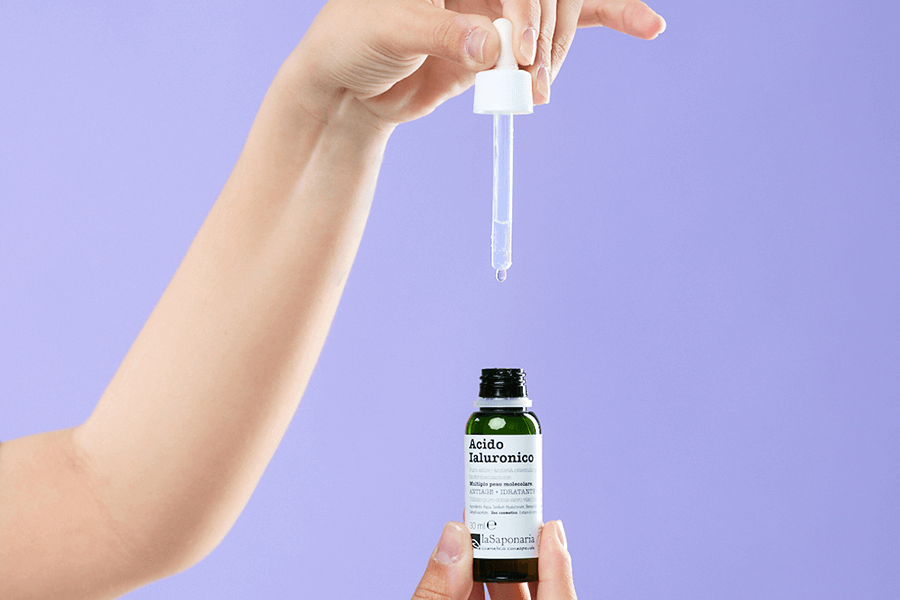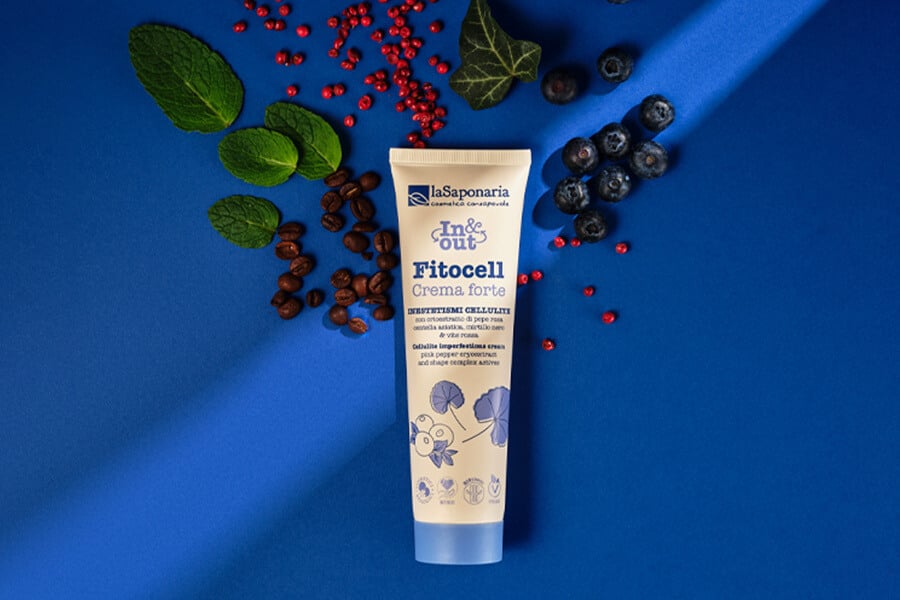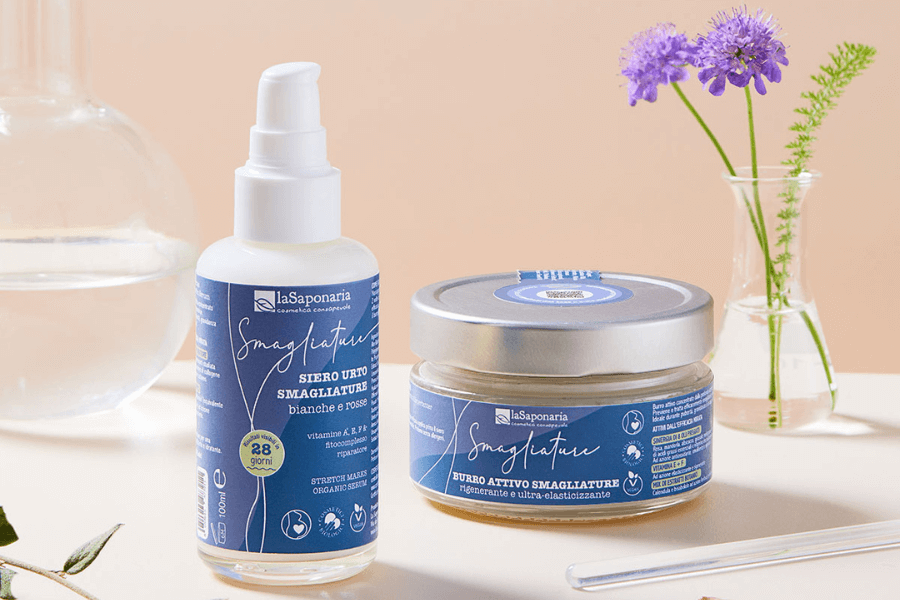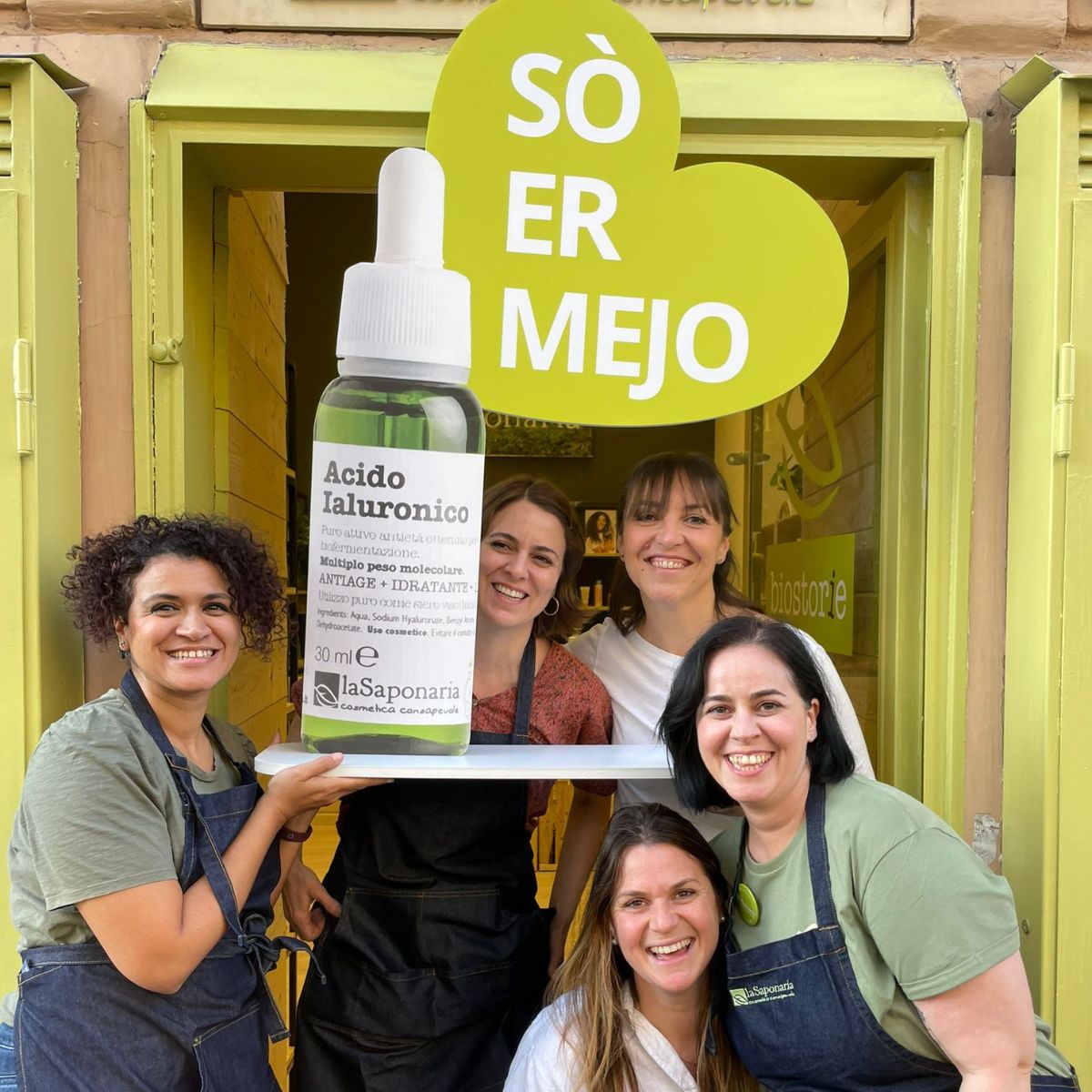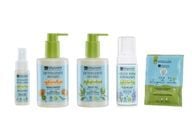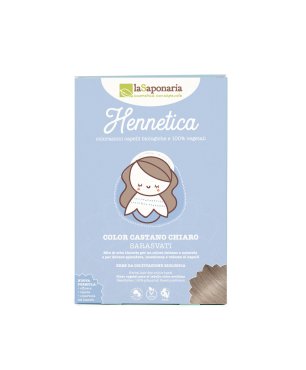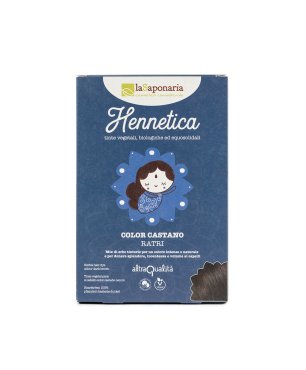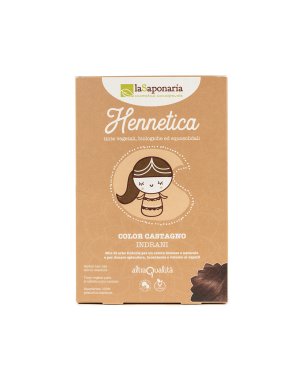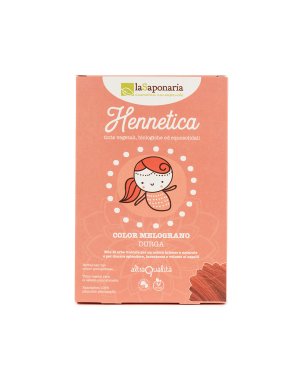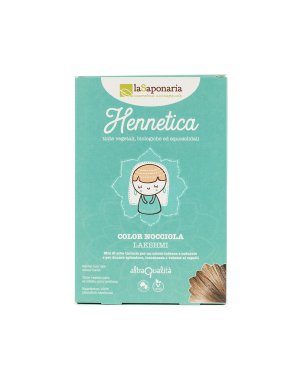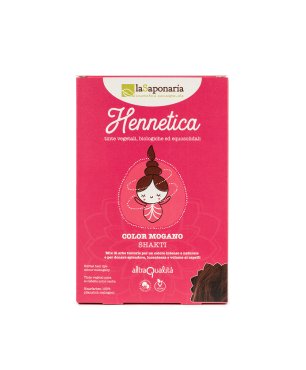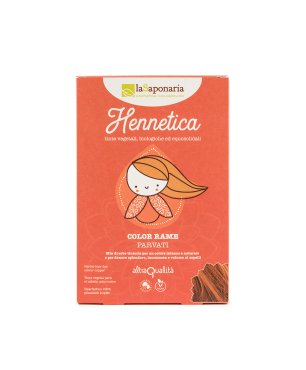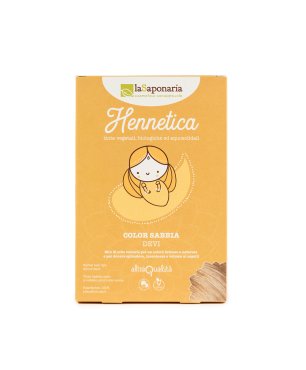- Call us! +390721 911004
- Write a message
- Whatsapp +39 377 3844777
- Become a reseller
- Test and E-book
- Location and contacts
-
MenuBack
-
Organic cosmetics
-
-
space
-
-
-
-
-
-
-
Discover your routine
-
-
Skin care
-
Hair care
-
Body Care
- Best sellers
- Routines
-
DIY
-
-
space
-
-
-
-
-
-
PRODUCTION TOOLS
-
-
DOWNLOAD THE RECIPES
-
-
-
Organic library
-
-
BEAUTYBLOG
-
-
-
GLOSSARY
-
-
-
DO-IT-YOURSELF RECIPES
-
-
-
TEST AND E-BOOK
-
-
About us
-
-
space
-
-
-
-
-
PHILOSOPHY
-
-
-
NATURAL COSMETICS
-
-
-
FLAGSHIP STORES
-
-
-
Sustainability
-
-
space
-
-
-
BENEFIT COMPANY
-
-
-
ETHICAL CHAIN
-
-
-
SUSTAINABLE PACKAGING
-
-
-
SUSTAINABILITY IN THE COMPANY
-
-
-
Supported projects
-
NOTICES AND AWARDS
-
-
-
Business Area
-
-
space
-
-
-
OPEN A FLAG SHIP STORE
-
-
-
BECOME A RESELLER
-
-
-
PRIVATE LABEL
-
ACCOMMODATION FACILITIES
-
-
-
RESELLERS LOGIN
-
-
-
Resellers
-
-
RESELLERS RESOURCES
-
-
-
OPEN A FLAGSHIP STORE
-
ACCOMMODATION FACILITIES
-
PROMOTIONAL MATERIAL
-
-
-
RESELLERS NEWS
-
REGISTER YOUR SHOP
-
-
-
BODY CARE LINE 2025
-
-
-
CHRISTMAS GIFT
-
-
- Store locator
Henné

INCI NAME:
Lawsonia Inermis Leaf Powder
ORIGIN:
Vegetal
FUNCTION:
Colourant, sebum regulator, astringent
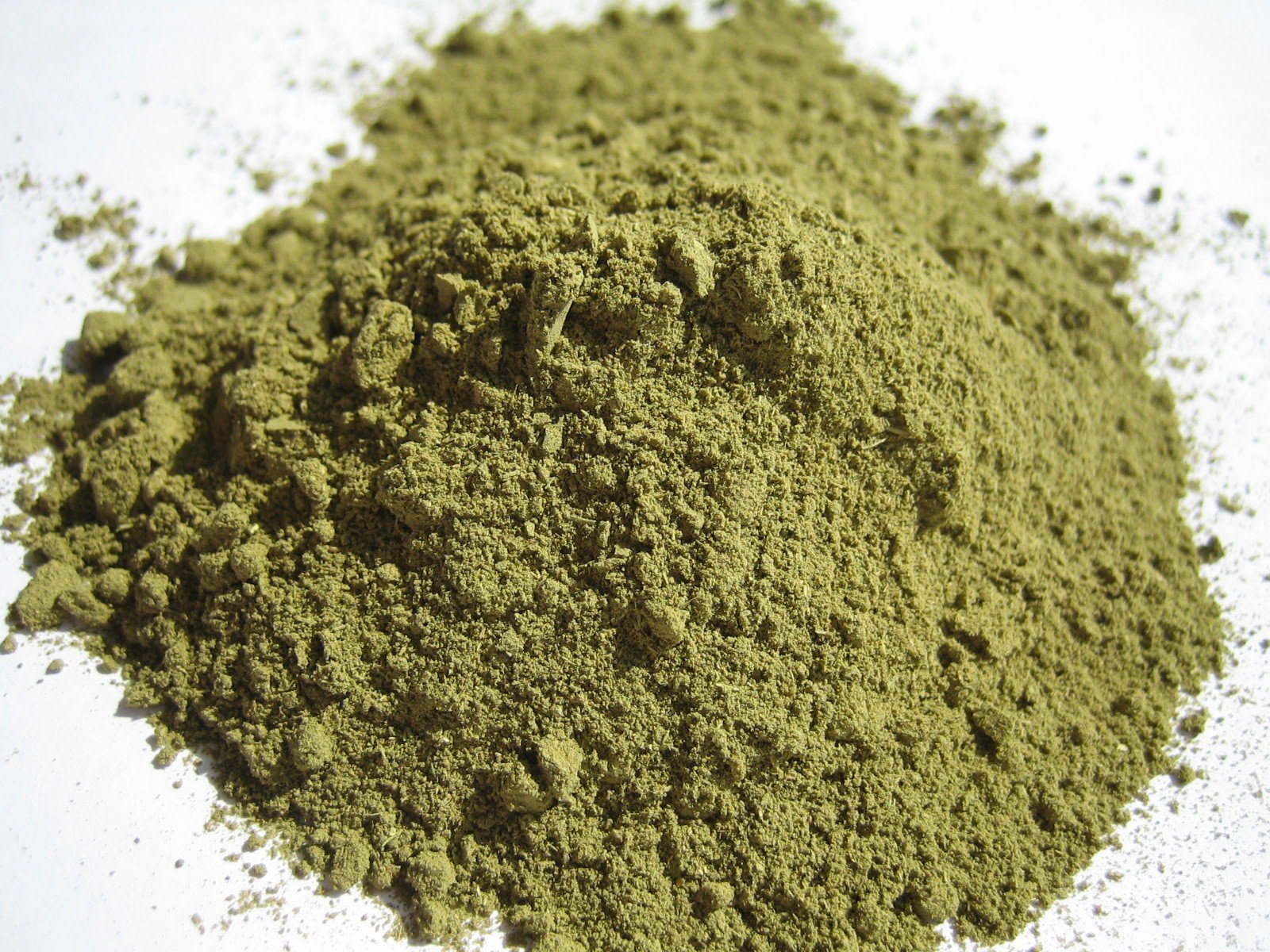
This is an automatic translation
Henné is the French name of Lawsonia Inermis, a plant native to North Africa which today is cultivated above all in India, Iran, Tunisia, Egypt, Sudan, Arabia. The botanical name of this plant derives from the name of the English botanical doctor John Lawson who described it in a book published in London in the eighteenth century; inermis instead refers to the fact that the plant is often devoid of thorns. It belongs to the Lythraceae family with fragrant pink flowers that bloom from May to July and with capsule-shaped fruits. Once it takes root, the plant can survive up to 100 years and, in optimal conditions, even reach a few meters in height. Its use is very ancient, even in the tombs of the Egyptian pharaohs powders obtained from its leaves and mummies with colored nails have been found. The name Henna, the one by which it is best known, is Arabic and refers to the use of this plant by Arab-Islamic cultures, in particular for the floral decorations on the hands and feet of women which distinguish the young ones from the ready ones. marriage. In fact, henna symbolizes full maturity and fertility linked to complete femininity. In Western countries, however, the use of henna is commonly associated almost exclusively with hair dye.
From the drying of the leaves of the plant reduced to powder and mixed with water, a pasty mixture of greenish color is obtained which is applied directly to the hair and which releases a color that varies from rust to mahogany. The most important principle isolated from the leaves of the plant (the one that gives the color) is lawsone, which binds to keratin, coloring the hair structure through the formation of electrostatic bonds. Its benefits can be seen from the very first use, given that in addition to coloring naturally, henna hydrates the hair, rebuilds and protects it, making it more shiny and full-bodied. In addition to dyeing, henna is also effective as an aid against dandruff and as a scalp cleanser thanks to its sebum-regulating and astringent properties, virtues that make it suitable for those with oily hair.
On a therapeutic level, henna is also a powerful antifungal and dermopurifying, and in its countries of origin it is also used for gargles that disinfect the throat, for skin rashes and to combat mycosis of feet and hands.
Ethical chain
The dyeing herbs contained in our natural dyes come from Phalada, an Indian company in Bangalore active in the promotion of organic agriculture and in the marketing of related products from numerous small agricultural producers (about 1400 for a total area of 10,000 acres throughout the country). 'India), specialized in the cultivation of spices, medicinal and aromatic herbs and coffee. All these small farmers receive organic certification after a long training course conducted by the company itself, focused on organic cultivation techniques but also on marketing and business management. This guarantees small farmers a secure source of income and allows them to free themselves from dependence on chemical products (fertilizers and pesticides) which are often very expensive, all by following a single principle: to maintain ethics that guarantee respect for both man and woman. that of nature. Phalada in fact ensures that farmers receive a fair compensation for the product sold and conducts regular inspections so that the entire production chain, from the seed to the final packaging, is compatible with the holistic approach supported by the company. Furthermore, Phalada also promotes cultural and social projects such as the one aimed at spreading the use of Ayurvedic medicine or literacy in rural areas. Phalada runs an Ayurvedic clinic and herb processing laboratory and a college for the training of doctors and social workers. Since 2006, it has also financed an elementary school in a rural location inserted in the social and productive context of herb and spice growers. Phalada, with a portion of the proceeds from the sale, supports the teachers' salary and promotes specific training relating to the cultivation and use of medicinal herbs.

